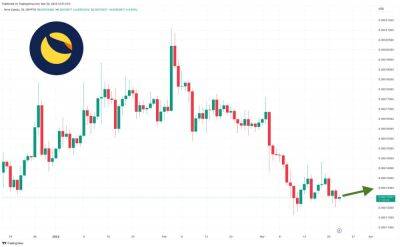Crypto counsel John Deaton challenges SEC’s narrative in court
In the ongoing Ripple lawsuit, California plaintiffs have challenged John E. Deaton, who filed a motion to allow seven non-parties to file amicus curiae in support of the defendant’s opposition to the lead plaintiff’s motion for class certification.
The plaintiffs argued in their response that Deaton’s proposed brief was procedurally and substantively improper. According to the plaintiffs, the proposed amici, who include Deaton’s family members and employees, have nothing unique or relevant to offer and simply rehash the defendants’ arguments.
Furthermore, the plaintiffs have challenged Deaton’s claim that he is a representative of a putative class of 75,890 XRP holders.
Moreover, they claim that Deaton, a self-proclaimed XRP enthusiast, is hardly a neutral party himself who has publicly stated that he is a Ripple shareholder who purchased shares in the company in November 2020.
The court has been asked to reject the proposed amicus curiae briefs and to rule on whether non-parties should be allowed to file amicus briefs in the lawsuit or not.
When deciding whether to allow a non-party to participate as an amicus curiae or not, the court has broad discretion.
Deaton filed an amicus brief in a long-running lawsuit against Ripple filed by an investor, Vladi Zakinov.
Zakinov claims that Ripple sold XRP as an unregistered security. Deaton contends that the court should not certify the class due to disagreements among the XRP holders. Only a small number of XRP holders claim that the token is an unregistered security, Deaton claims.
The pro-Ripple lawyer earlier tweeted that he had no doubt that Ripple would come out victorious in the widely publicized legal battle and that the current Supreme Court would quell the “gross overreach”
Read more on ambcrypto.com
 ambcrypto.com
ambcrypto.com












